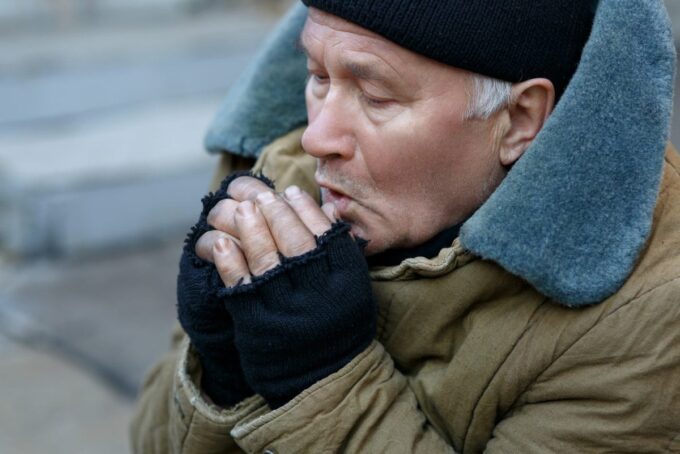Poverty makes you sick and sickness makes you poor
Health equity is a high value. The National Strategy for the Prevention of Noncommunicable Diseases (NCD Strategy) and the National Strategy on Addiction, as well as the area of mental health, are focusing on this topic in 2018. Because the question arises: What is the state of health opportunities in Switzerland?

© Depositphotos/Dmyrto_Z
At all stages of life, people expose themselves to risks that can negatively affect health. Scientific studies show that individuals' resources for coping with risk are unequally distributed. "Poverty makes you sick" and "Illness makes you poor" succinctly describe the often unfavorable interaction between the social determinants of health on the one hand and health behavior and health status on the other.
In addition to traditional social determinants such as education, occupation and income, gender, marital status, migration background and mental health also have an impact on the way people deal with Health risks one. With this brochure, we would like to raise awareness and, together with the numerous actors in the municipalities, cantons, and on national level contribute to reducing inequalities in access to Health Promotion, Prevention and curation. With such a commitment, the chances of a life in good health could be distributed even more equitably.
Life transitions can be a risk to health
In life, there are transitions and special events, including entering the workforce, parenthood, divorce, a death, retirement or migration experience. Such transitions increase the risk of health and mental illness. For example, the loss of a job can cause anxiety disorders in those affected, or a Depression trigger.
Brochure: Equal Opportunities and Health - Facts and Figures for Switzerland
Text: BAG
Book tip: "Poverty Handbook
Poverty in Switzerland is not a marginal phenomenon. Over one million people in Switzerland live in poverty or just above the poverty line. More than one in five people is unable to pay an unexpected bill of 2,500 francs - a dentist's bill, for example. Poverty is more than a financial hardship. It can mean: looking for a job for a long time, not finding one and being taxed out; not going to the doctor despite pain in order to save costs; having no education, no prospects or an unsecured residence status; living a life below the subsistence level. And above all, it means not being able to participate in society.









